Everything about Jerome Bettis’ life as a football player reads like a Hollywood movie.
Growing up in Detroit, Michigan, Bettis was a sought after linebacker and running back at Mackenzie high school who ultimately played at the University of Notre Dame.
After an outstanding college career, Bettis was the 10th overall selection in the 1993 NFL draft by the St Louis Rams where he found immediate success and was named the NFL rookie of the year in 1993, making the Pro Bowl in each of his first two seasons.
After three years he was traded to the Pittsburgh Steelers and from there he established himself as one of the most physically dominant running backs in the history of the league.
In his career, NFL Hall of Famer Bettis was named to the Pro Bowl six times, and was the recipient of both the NFL Comeback Player of the Year (1996) and NFL Man of the Year (2001) while winning a Super Bowl in 2005.
Paulie E – What does the 5th leading rusher in the history of the NFL do with himself all day?
Jerome Bettis – “Just enjoying life. Body not sore, doing a lot of interviews, staying busy with ESPN and NBC.”
Did it take a little while to get used to not being sore?
“No, not at all! It doesn’t take any time at all. And it beats watching game film.”
Explain the Monster.com NFL Director of Fandemonium contest that you’ve become the spokesperson for.
“It’s a contest designed to find the most zealous football fan a shot at getting the ultimate football job which is to be the NFL Director of Fandemonium. The winner announces a pick at the 2010 draft, backstage at kickoff concert, on the field at international series game, on the field at Thanksgiving Day game, coin toss at the Super Bowl and they get to select a play during the Pro Bowl. On top of that they get a $100,000 signing bonus. What could be better?”
Do they get to meet Jerome Bettis? Do they get to try and tackle you?
“No, not exactly, they don’t get to meet me. And if they did try to tackle ‘The Bus” I’d give them a stiff arm!”
How often do you have guys come up to you now that you’re retired and say, “You’re not that big Jerome.”
“Very seldom. Most people still say, ‘Whoa man, you would’ve been tough to tackle.’
Speaking of Monster.com, you were a monster to tackle on the field. One thing I wanted to ask was the transition you made when you were traded from the Rams to the Steelers. A lot of people forget you were an explosive, multipurpose back with the Rams. What cued the transition from going to such a playmaker to more of a plodding, power running back?
“It wasn’t a real transition; it was a deal where the offense was a more physical style of offense. I still had the opportunity to break some long ones but it was a different philosophy as far as how they approached running the football. It was different, but I was able to get in there and really evolve and develop in the system and become pretty good.”
What’s the key to being that type of power back? We see a lot of guys put into that role and they just can’t excel the way that you did. How do you make the transition and how did you stay healthy for so long?
“Durability is the name of the game. Its durability and quickness if you want to be a successful big back in the NFL. The size is something god gives you but you’ve got to pay attention to what’s going on and have to take care of business when opportunities present themselves. And unfortunately injuries are part of the game but you’ve find a way to stay healthy.
One thing you deserve credit for is creating the role of the “Goal line Vulture” to use a fantasy term. Guys loved you on fantasy rosters when you were having your five carry, three TD days for the Steelers. Why can’t a guy like Brandon Jacobs line up, knock the snot out of a guy and score from two yards out?
“That’s a hard question to answer. Goal line running is all about angles, you have to have a good understanding of what angles are available. You can’t just plow into guys and expect to get into the end zone. Because the field is shortened and you’ve got basically 22 guys in close proximity to each other, it creates a problem because there isn’t space.
The running back has to be creative and understand the angles and use the other teams speed and momentum against them and unfortunately a lot of running backs haven’t been paying that much attention to their craft and don’t understand that.”
“Who was the best player you played with at Notre Dame?
“Man, that is a tough question! Man…Rocket Ismail was amazing I only played with him one year, Ricky Watters was amazing I only played with him one year…”
“Did you play with Chris Zorich?”
“Yes I played with him my freshman year, his senior year. We went down to the Orange Bowl. We lost to Colorado…”
YES! The nonexistent block in the back on the Rocket’s game winning return! That was a horrible call! It cost you a National Championship!
“Yep that’s it; thanks for reminding me (sarcastically)! I would say the best player I played with is a tossup between Aaron Taylor and Jeff Burris.”
What memory from Notre Dame brings you the most joy when you think about it?
“The bowl games we were able to win. I think that Florida bowl game was the moment in time that was my coming out party. (In the Sugar Bowl, Bettis rushed for 150 yards and scored TDs from distances of 3, 36 and 49 yards) That is the one I would circle and say that got me here today.”
Switching back to your NFL career, was winning the Super Bowl in your hometown of Detroit as gratifying as you thought it would be and is it more gratifying as time passes and you reflect?
“It’s absolutely more gratifying as time passes. Because that was the goal of my entire career. And no one can ever take it away from you, forever. When you go back on it, and reflect on it, the last moments I have playing football was winning a championship, so that will always be in the back of my mind as a great moment to think about. Whenever I’m down, I can always think about those moments, they are etched in your mind.
Is it hard to get back to that feeling in regular day to day life- I mean what could really compare to that?
“Nothing. Nothing compares to it. So you don’t try to create a comparison you just try to keep going after things that motivate you beyond football. Because one thing you understand is, it is what it is. You can’t rewind it; you just have to keep going forward.”
Do you ever wear that ring outside of the house or is it under lock and key?
“Ha, no, I wear it. I wear it whenever I do a TV or anything like that. I actually have it on now. That’s the only time I wear it when I’m on TV or with a client.”
Switching to the analyst’s chair where you currently reside, are there more bad teams in the NFL now than ever before?
“Yes I think so. It’s ridiculous. I think its two things; Coaching and Quarterbacking. Those are the two areas that are really in trouble. When you look at all the teams that are really poor the common denominator is a lack of talented quarterback.
Whether it’s young and unproven, or just unreliable that will kind of tell you what’s happening as far as the deterioration. Back in the day you had guys on every team that were household names. Maybe not Hall of Famers, but at least household names. Now you don’t have that.
Also, on the coaching front some teams are rushing decisions and hiring guys that are probably not qualified to do what they do and as a result, teams spin out of control.
But with the evolution of the passing game in football, in large part thanks to the West Coast Offense, shouldn’t there be more QB’s able to do that? We see the spread and West Coast offense run at lower and lower levels like high school and junior high so shouldn’t there be more?
“There should be but for whatever reason they are not. Maybe it’s a lack of coaching that you need to take a player from one level or another level teaching them how to be successful.
Speaking of quarterbacks, the Wildcat offense is in vogue and I just wanted to point out you’d be an excellent candidate. Of the six passes you threw in your career you completed three of them, all for touchdowns! Have you ever thought about running the Wildcat?
“Hahaha, no I never thought about that! I was never that graceful. I was a plodder it took me forever to get to the line of scrimmage!”
Well for your career you had a three to one TD to INT ratio, that’s better than Derek Anderson!
“Yeah that’s pretty good, right!?”
I’ve got to ask you a Bill Cowher question; is he ever going to come back and coach?
“I think he would; where is a better question. I remember he told me before he left that he wanted to go to a team with an established quarterback. The problem is, none of the teams in bad shape have a quarterback who they are confident with as far as the future. So, with that being said I don’t know where he would go.
Say you’re a coach and you’re looking for a job, what would it take you to say yes to Daniel Snyder? Just a bunch of dough like he threw at Albert Haynesworth?
“No, it would take a commitment that he would bring some other football people in, in terms of running day to day operations. I need to see a commitment that you’re going to bring in football people to deal with football situations.”
What’s the deal with all these successful coaches who are unemployed? Jon Gruden, Mike Shanahan, Marty Schottenheimer, why can’t these guys get jobs? I give Josh McDaniels all the credit in the world but why did he get the job and these other guys did not?
“I think the success of Mike Tomlin made them look at younger guys and think, ‘Hey maybe we need to go to a younger guy and see if he can relate to these players a little more and get the same type of success.’ It’s a copycat league so if you find something that works, other people want to replicate it.”
How was Mike Tomlin able to step in and be successful immediately?
Because he had a great nucleus of players. When you have a QB the level of Ben Roethlisberger, he’s gonna win a lot of football games for you by himself, he didn’t have to go find his own QB and see how they developed, or surround him with RB’s that aren’t very good. I mean he had a great nucleus, two wide receivers that were Super Bowl MVP’s. He was loaded in terms of talent. He already had a #1 defense so he was the beneficiary of a great football team. But, he also brought his own philosophy and his own flair.”
Is Dick LeBeau going to be inducted to the Hall of Fame?
“I think so. He’s on the ballot this year and I think he’s going to get in.”
Who is the best team in the NFL?
“I think the Saints because of their improved defense.”
How is Drew Brees who is just six feet tall, able to be so productive as an NFL quarterback?
“He’s able to see the field. It’s hard to say how he does it, but he gets it done, you’ve got to give him a lot of credit for being a solid football player and being able to make plays. One beautiful thing about him is that he throws to whoever is open. He doesn’t have a favorite WR, he basically says, ‘If you’re open, you’re going to get the football.”
The play that you will forever be identified with by Steelers fans, and even Bears fans alike, is the play where you ran over Brian Urlacher at the goal line in 2005. It was such big play for both teams and a cool scene; snow falling, you were covered in mud on a typical November day at Heinz Field, scoring a TD the way Steelers fans prefer their TD’s; with brute force. Can you kind of describe your feelings during that play?
“I remember the play vividly. It was kind of like it was happening in slow motion the way it happened. I saw who it was, I knew it was Urlacher, just kind of in slow motion the way it happened. When you look back at that play it puts my career in perspective because that’s what my career was all about, that one play. If there was ever a play that you asked, ‘what is indicative to how you played”, that would be the one play. All you can ask is to have a play like that, that identifies you and the way you went about your business.”
Does that sort of summarize not only your playing career but your life? You grew up in Detroit, went to Notre Dame and gradually ascended up the football ladder from there? How does a guy from Detroit make it the way you did, ultimately being a Hall of Famer?
“That’s a good question. A lot of persistence and patience. And a lot of people that helped me along the way. It’s been an incredible ascent to where I am from where I grew up. I could’ve easily been in jail for some things that happened as a kid. For me to be where I am today is an absolute blessing.
It’s evident to anyone who speaks with you that you have a great personality. You’ve been successful with everything you’ve done in your life, whether it was football or starting a restaurant or a charity organization. What is your philosophy in dealing with people and being successful?
“To love it and believe in what you’re doing. It makes your job that much easier and people respond to that because they can feel the truth and realness in what you say and what you represent.”
Best NFL player you ever played against?
“Lawrence Taylor in my first year. I’ve got a picture of him on my leg trying to tackle me. I was fortunate; I caught him at the end of his career so he didn’t break my leg. That’s one of those deals where you’re like ‘whoa!”
RELATED CONTENT:
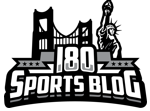
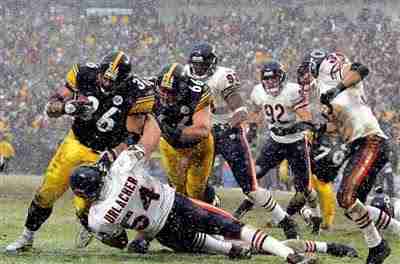
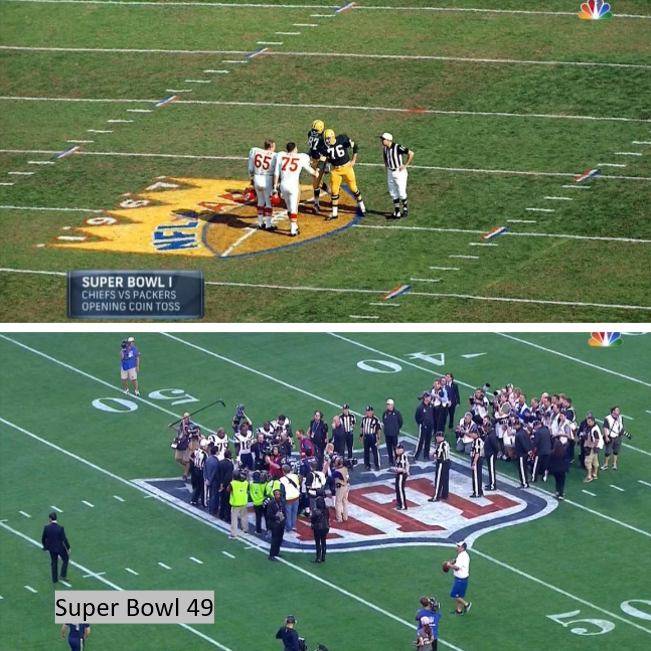
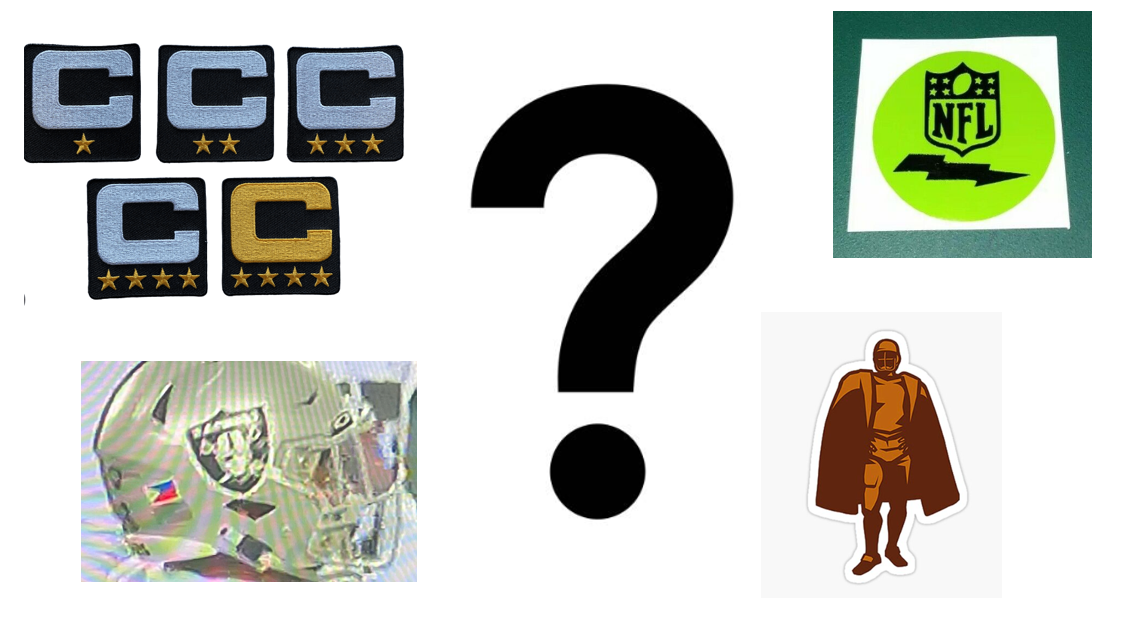
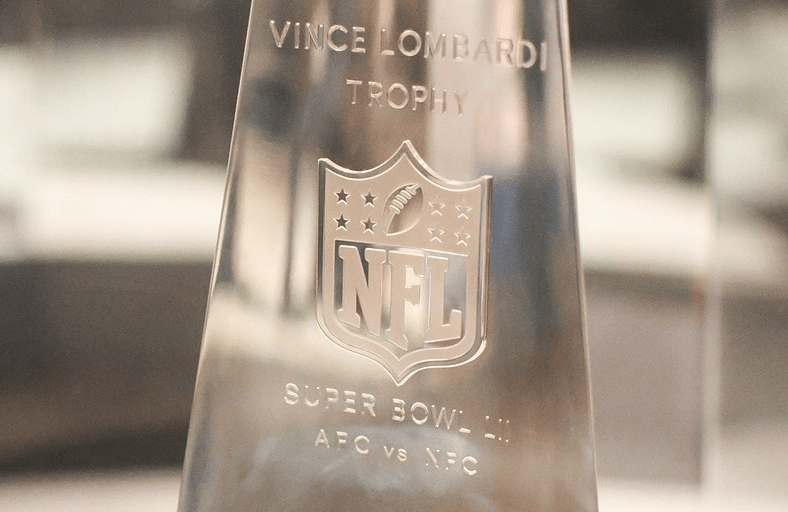
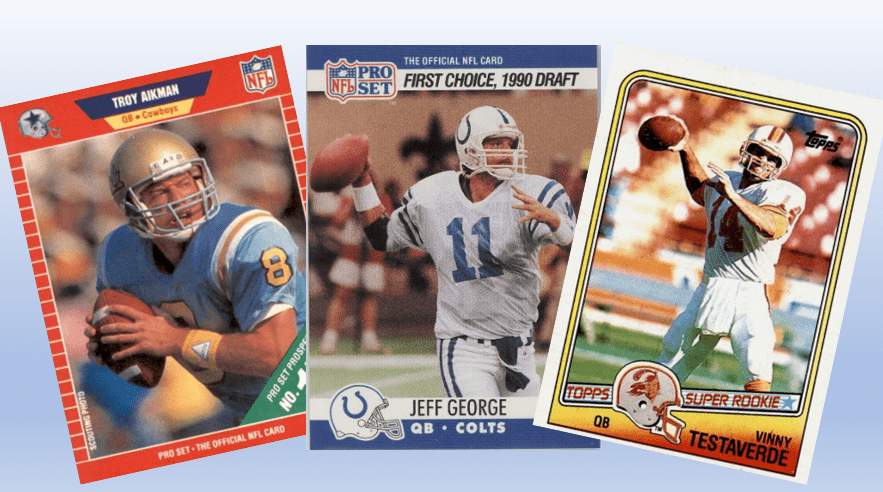
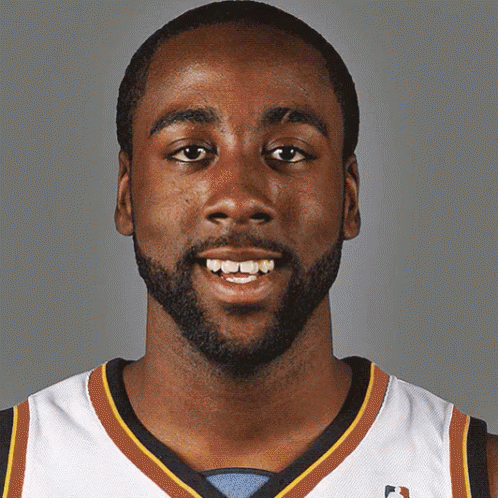
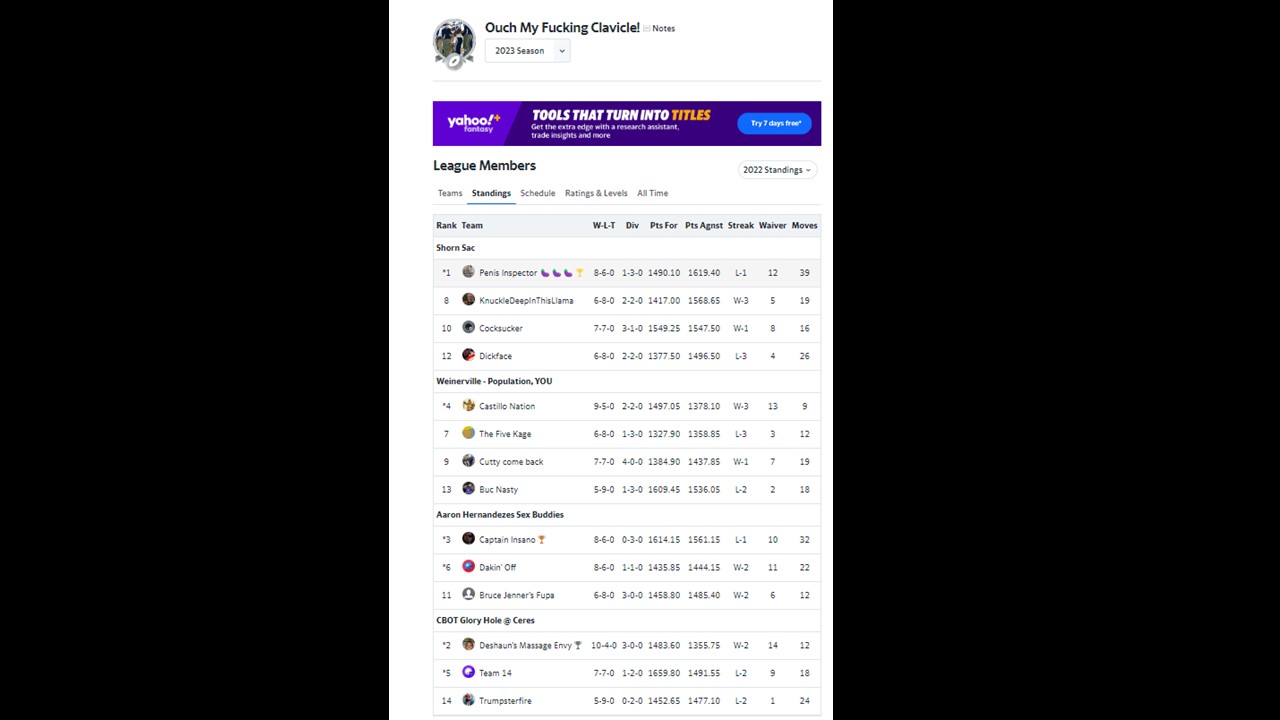
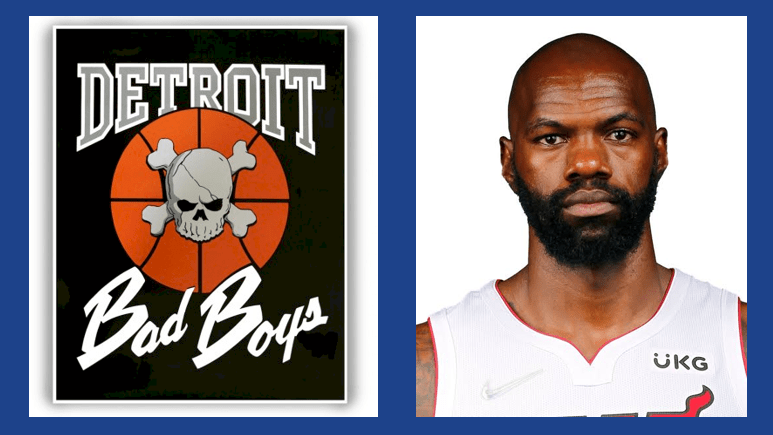
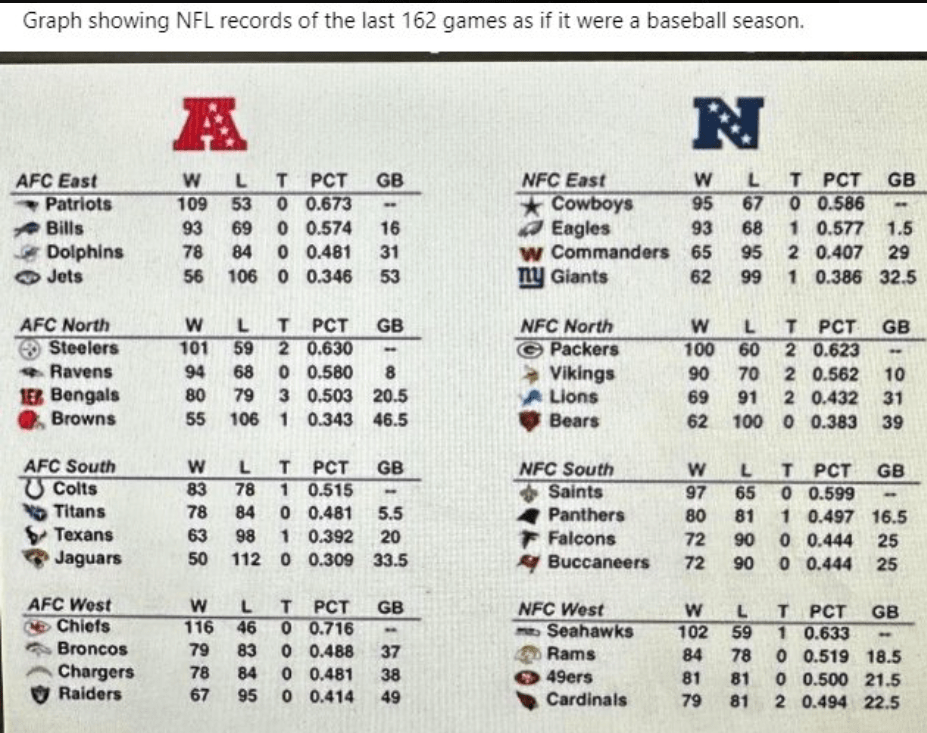
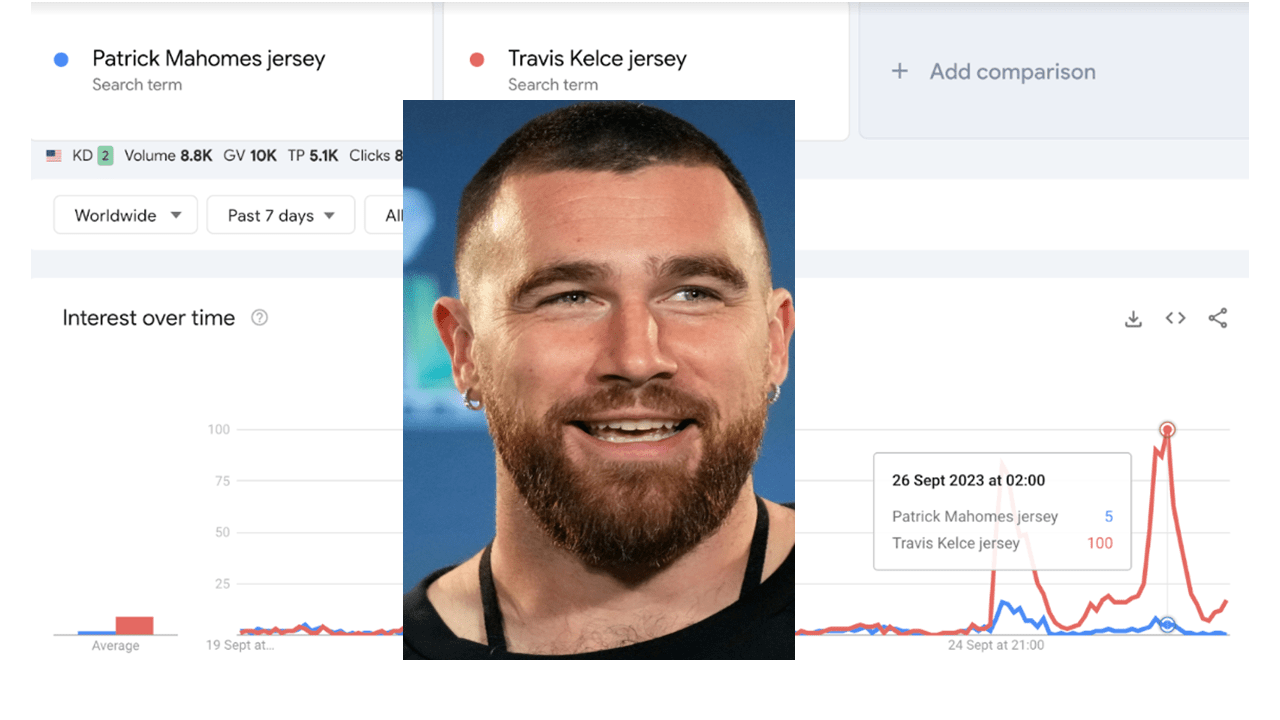
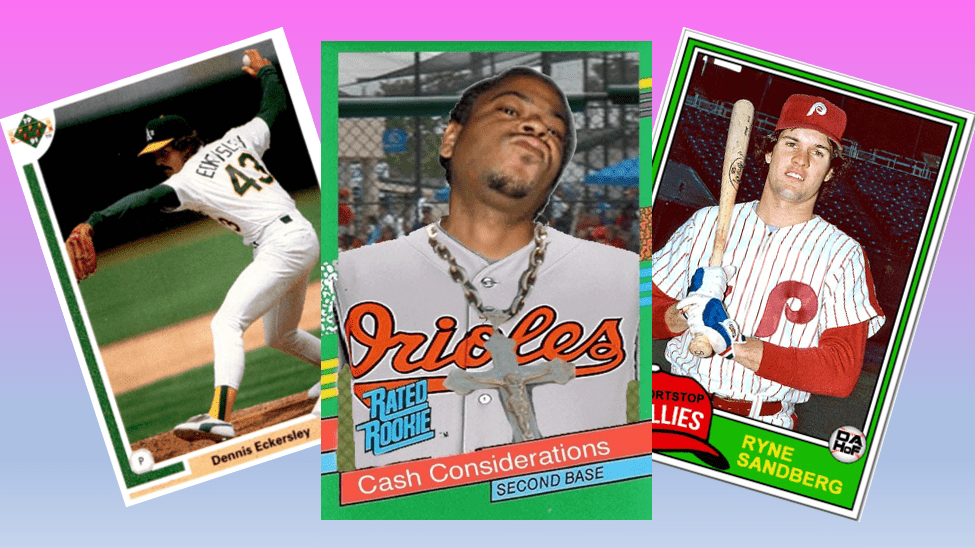
3 thoughts on “Jerome Bettis On Running Over Brian Urlacher, Being Fantasy Goalline Vulture”
Comments are closed.